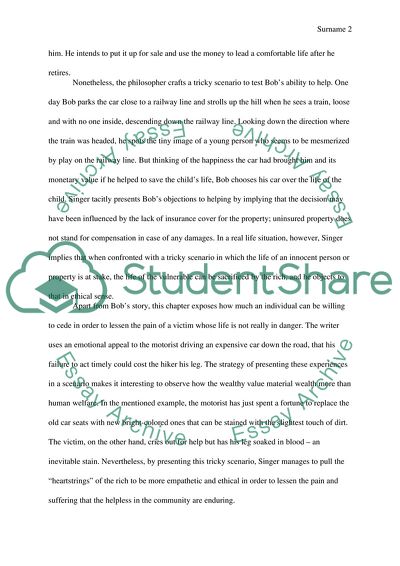Cite this document
(“Analysis of Argument to The Life You Can Save: Acting Now to End World Book Report/Review”, n.d.)
Analysis of Argument to The Life You Can Save: Acting Now to End World Book Report/Review. Retrieved from https://studentshare.org/english/1778977-analysis-of-argument
Analysis of Argument to The Life You Can Save: Acting Now to End World Book Report/Review. Retrieved from https://studentshare.org/english/1778977-analysis-of-argument
(Analysis of Argument to The Life You Can Save: Acting Now to End World Book Report/Review)
Analysis of Argument to The Life You Can Save: Acting Now to End World Book Report/Review. https://studentshare.org/english/1778977-analysis-of-argument.
Analysis of Argument to The Life You Can Save: Acting Now to End World Book Report/Review. https://studentshare.org/english/1778977-analysis-of-argument.
“Analysis of Argument to The Life You Can Save: Acting Now to End World Book Report/Review”, n.d. https://studentshare.org/english/1778977-analysis-of-argument.


